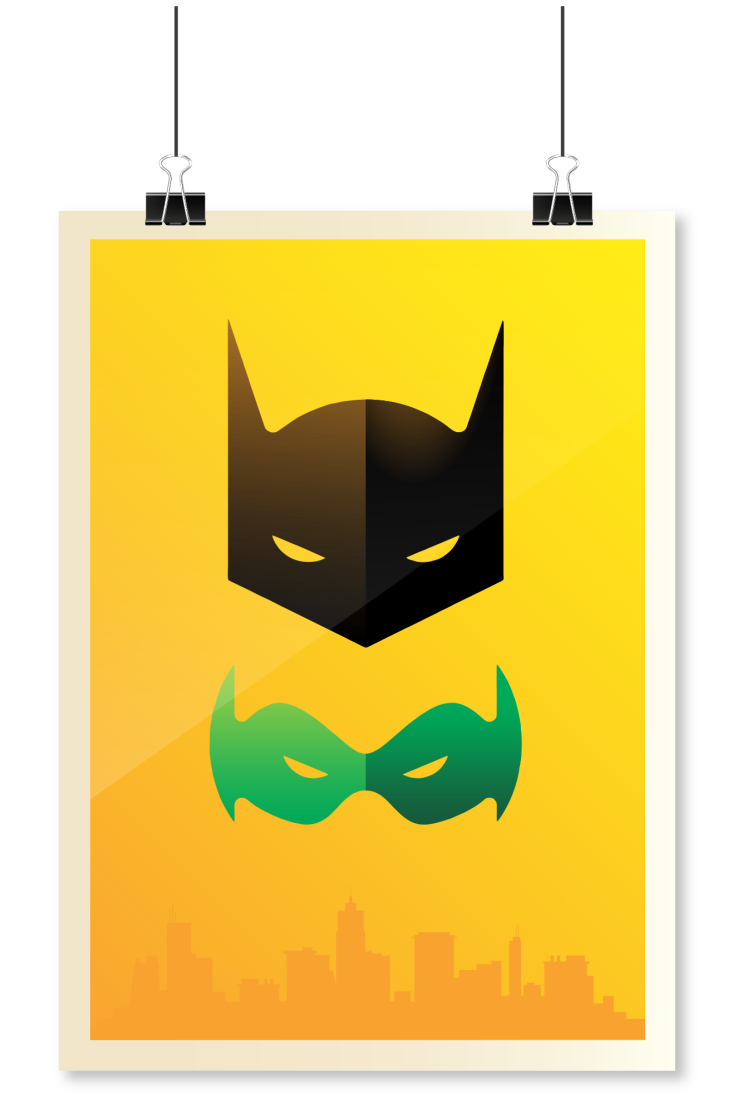by Sarah Street

Blake Morgan e-Magazine | Winter 2021 | Issue 5


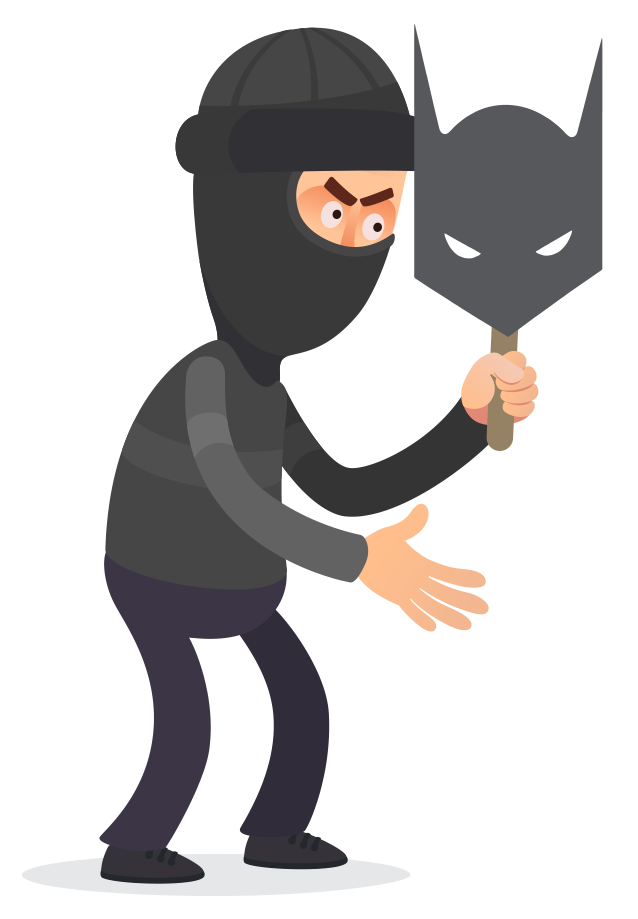
The Covid-19 pandemic saw a sharp rise in people using marketplace websites, such as Etsy and Amazon Handmade, to sell artisan and handmade products. Etsy's 2020 Transparency Report states that by the end of the year there were 4.1 million active sellers on the platform, almost double the number compared to 2019, with approximately 87 million items for sale.
by Name Name



To avoid these issues, crafters must seek the consent of the rights' holders if they wish to use their characters. This can be a difficult process for a small business owner selling handmade goods on Etsy, particularly due to the time and cost associated with obtaining consent or licences. A more suitable alternative may be for crafters to create their own original characters to feature on their products, avoiding the need to seek approval altogether.
These are just two examples of many sellers having their items removed and shops closed down as a result of IP breaches. In 2020, Etsy removed or disabled 537,163 listings and closed 13,446 shops for repeat infringements. Whilst the exact number of these relating to comic book characters is unknown, IP rights are valuable assets that both Disney and Warner Brothers are keen to actively protect.
These are cautionary tales for crafters unwittingly selling their items in breach of IP laws, or taking a risk in the hope their items will remain under the radar. As Etsy's 2020 figures show, action is being taken against sellers when they are brought to the attention of those who own the IP rights to these popular characters.
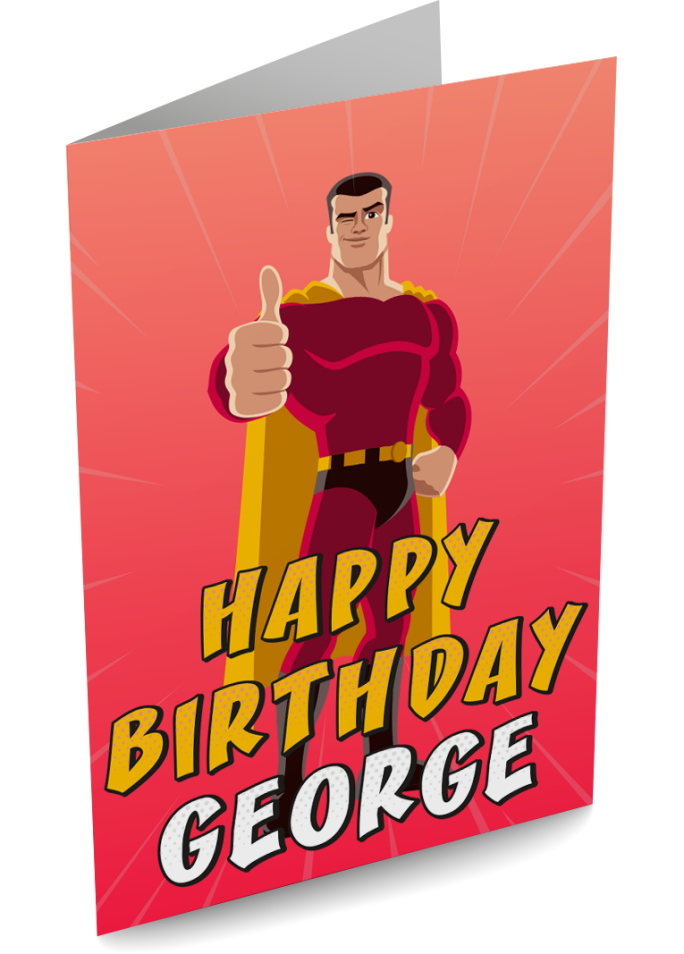
It may be tempting for small independent crafters to believe their products will not come to the attention of these large companies, however, there are countless examples of Etsy taking action in line with its Intellectual Property Policy upon receiving notice from both Disney and Warner Brothers.
One Etsy shop owner received an infringement notice following notice from Warner Brothers that the seller was designing and selling posters using images of Batman and Superman. Another had its Etsy store closed down for selling crafts featuring the images of popular Marvel characters including Spiderman and Captain America.
Etsy has its own Intellectual Property Policy which warns sellers that it will remove or disable access to an item when they receive proper notice of an IP infringement from the owner of the rights. The policy therefore relies on the item coming to the attention of the IP holder. The policy also states that repeat infringements can lead to termination of the seller's shop and prevention from opening future shops.
There is no shortage of items for sale on these platforms that infringe on the IP of Disney and Warner Brothers, the owners of Marvel and DC Comics respectively. A quick search of 'Superman' on Etsy brings up thousands of results, including mugs, t-shirts and posters. Whilst some may have licencing agreements in place to allow them to create and sell these products, many do not.

Popular items on these platforms include those with a comic book theme, often featuring well known superheroes. Unfortunately, by using these images, these shop owners are leaving themselves vulnerable to action from Etsy and the rights owners for intellectual property (IP) infringement.
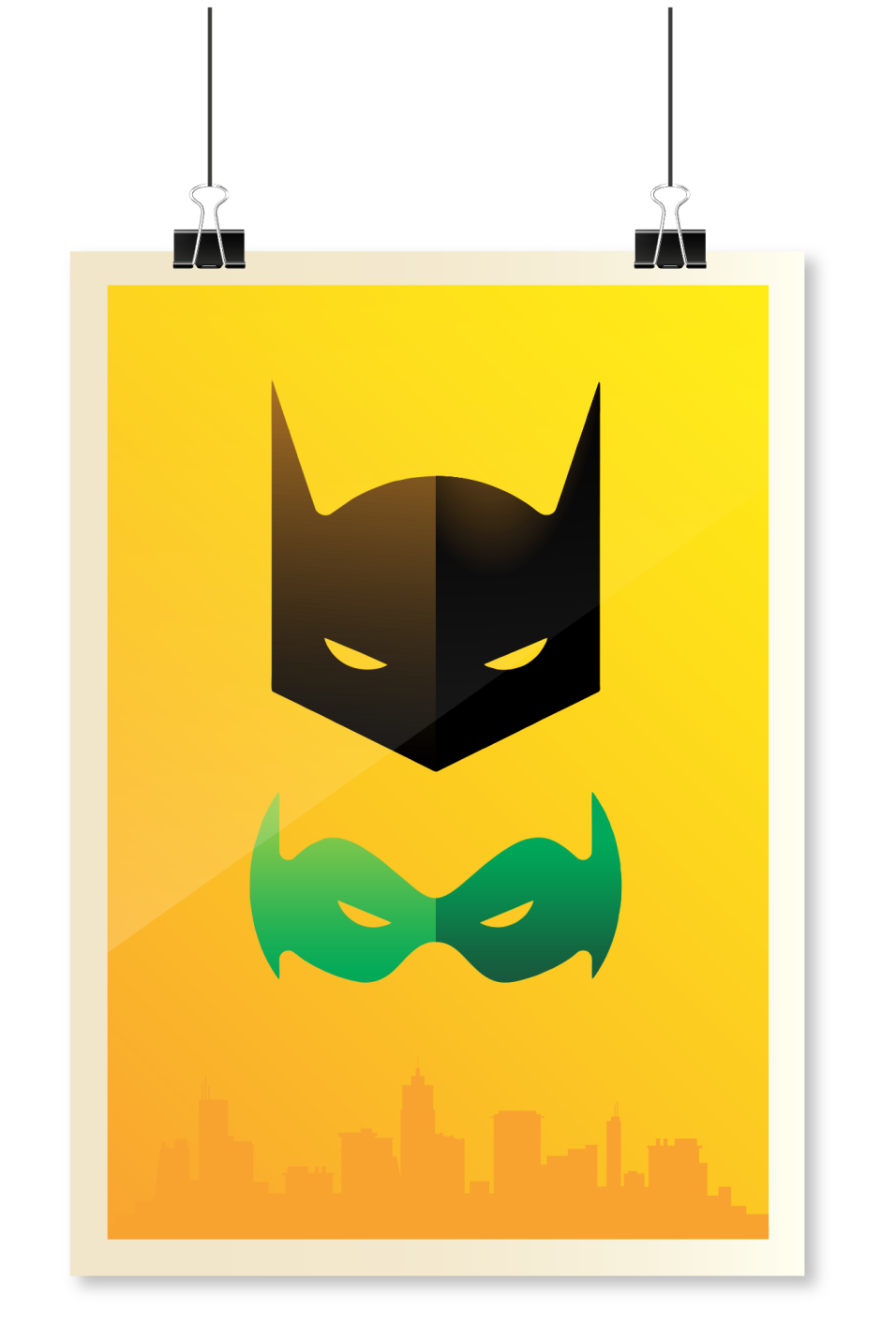
The Covid-19 pandemic saw a sharp rise in people using marketplace websites, such as Etsy and Amazon Handmade, to sell artisan and handmade products. Etsy's 2020 Transparency Report states that by the end of the year there were 4.1 million active sellers on the platform, almost double the number compared to 2019, with approximately 87 million items for sale.

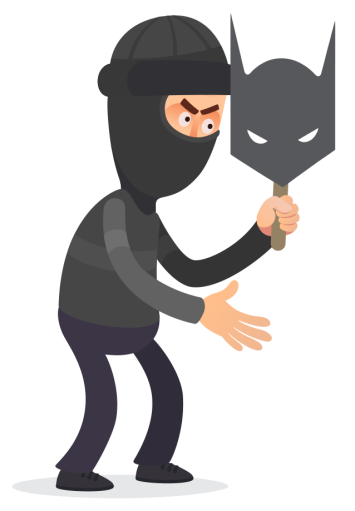
by Sarah Street



To avoid these issues, crafters must seek the consent of the rights' holders if they wish to use their characters. This can be a difficult process for a small business owner selling handmade goods on Etsy, particularly due to the time and cost associated with obtaining consent or licences. A more suitable alternative may be for crafters to create their own original characters to feature on their products, avoiding the need to seek approval altogether.

These are just two examples of many sellers having their items removed and shops closed down as a result of IP breaches. In 2020, Etsy removed or disabled 537,163 listings and closed 13,446 shops for repeat infringements. Whilst the exact number of these relating to comic book characters is unknown, IP rights are valuable assets that both Disney and Warner Brothers are keen to actively protect.
These are cautionary tales for crafters unwittingly selling their items in breach of IP laws, or taking a risk in the hope their items will remain under the radar. As Etsy's 2020 figures show, action is being taken against sellers when they are brought to the attention of those who own the IP rights to these popular characters.

It may be tempting for small independent crafters to believe their products will not come to the attention of these large companies, however, there are countless examples of Etsy taking action in line with its Intellectual Property Policy upon receiving notice from both Disney and Warner Brothers.
One Etsy shop owner received an infringement notice following notice from Warner Brothers that the seller was designing and selling posters using images of Batman and Superman. Another had its Etsy store closed down for selling crafts featuring the images of popular Marvel characters including Spiderman and Captain America.
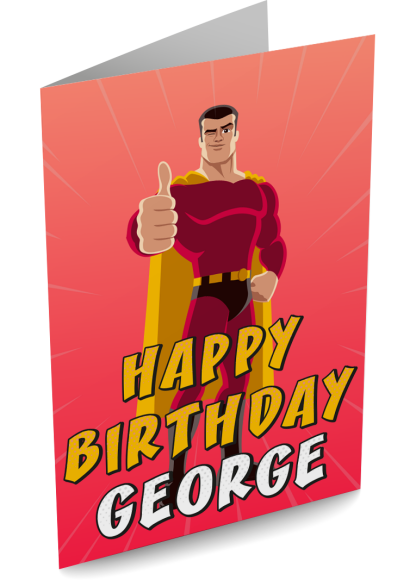
Etsy has its own Intellectual Property Policy which warns sellers that it will remove or disable access to an item when they receive proper notice of an IP infringement from the owner of the rights. The policy therefore relies on the item coming to the attention of the IP holder. The policy also states that repeat infringements can lead to termination of the seller's shop and prevention from opening future shops.
There is no shortage of items for sale on these platforms that infringe on the IP of Disney and Warner Brothers, the owners of Marvel and DC Comics respectively. A quick search of 'Superman' on Etsy brings up thousands of results, including mugs, t-shirts and posters. Whilst some may have licencing agreements in place to allow them to create and sell these products, many do not.
